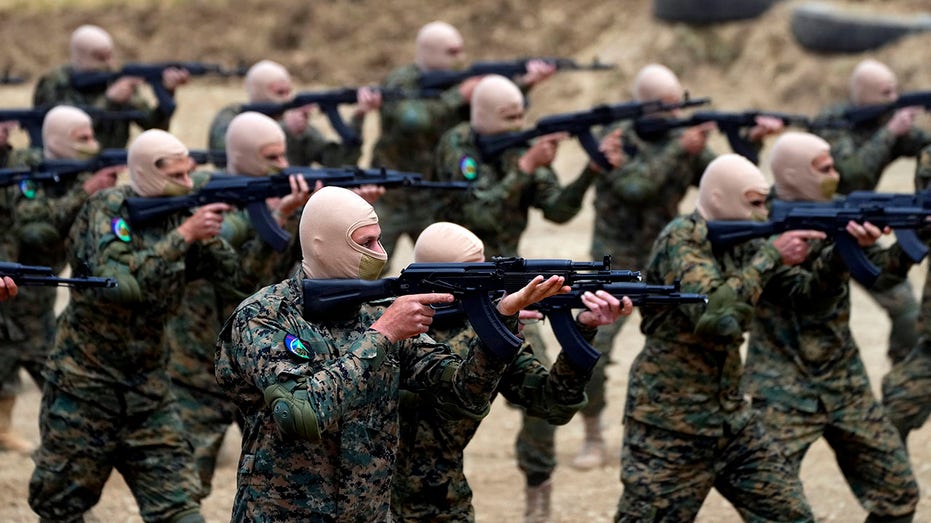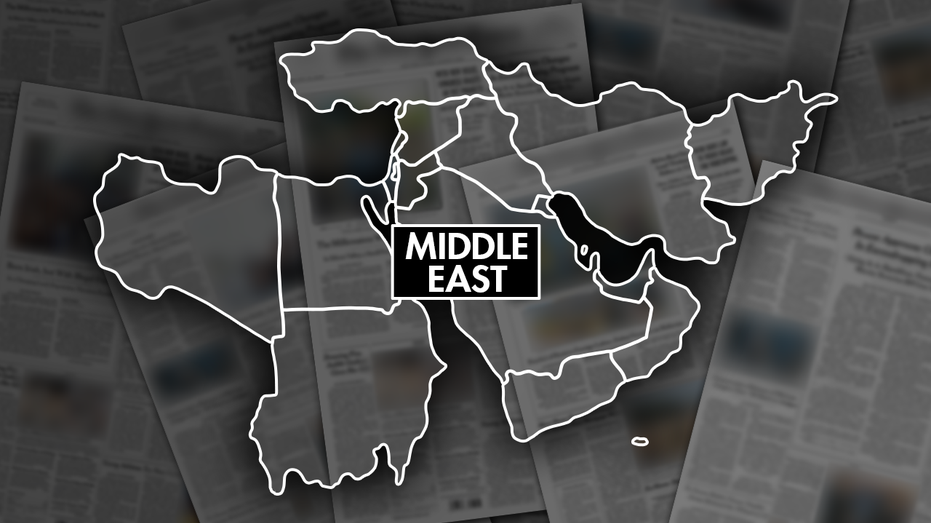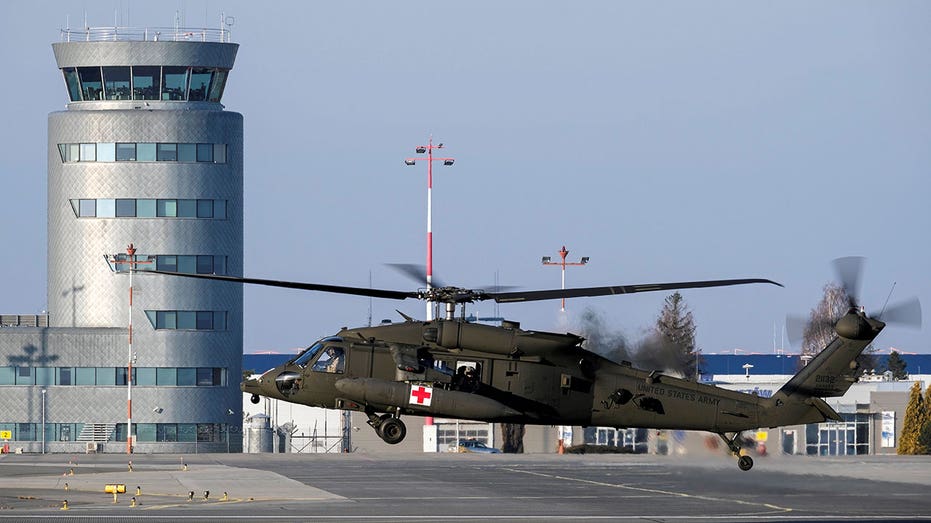The Hezbollah terror organization in Lebanon has a “massive” armament stockpile that is significantly backed through Iranian financing and shared technological weapons development.
Israel’s military carried out a targeted strike that it said killed a high-ranking Hezbollah commander in Beirut on Tuesday following a deadly attack on a children’s soccer field Saturday on Israel’s Golan Heights. U.S. and Israeli officials said all evidence pointed to the Lebanon-based terrorist organization despite Hezbollah’s denials.
The Israel Defense Forces (IDF) also said that the rocket was an Iranian-made Falaq-1 with a warhead containing more than 100 pounds of explosives.
IDF KILLS HEZBOLLAH COMMANDER BEHIND BRUTAL ATTACK ON CHILDREN’S SOCCER FIELD: OFFICIALS
However, the Falaq-1, according to security experts at the Foundation for Defense of Democracies (FDD), is just the tip of the iceberg of Hezbollah’s significant military stockpile to pull from for these types of attacks.
Along with an estimated 40,000 combatants at its disposal, Hezbollah is believed to have some “150,000 mortars, short- to long-range unguided rockets, unguided short-range ballistic missiles, and smaller numbers of intermediate-range unguided Scud-B/C/D ballistic missiles.”
Like the rocket used to hit the children’s soccer field, Hezbollah is believed to possess between 40,000-80,000 short-range rockets that “could bombard northern Israel with saturating fire.”
However, thanks to Iranian assistance in weapons development, the terrorist group is also capable of reaching cities deeper into Israel.
MASSACRE BY IRAN’S TERROR PROXY HEZBOLLAH COULD LEAD TO FULL-BLOWN WAR IN MIDEAST
“When Hezbollah first became a rocket threat in 1983, one of the IDF’s chief operational goals was to push the group 40 kilometers north of the border,” authors of the FDD report titled “Analysis: A greatly expanded arsenal means this is not the Hezbollah of 2006,” said. “Hezbollah’s increased medium and long-range fires capabilities mean Israel can no longer rely on strategies that simply push the group north beyond the ranges of its arsenal.”
“The IDF would need to push Hezbollah’s forces north of Tripoli to prevent its reach into Israel,” the report added.
Hezbollah reportedly relies on an integrated network of subterranean facilities to store its arsenal, all of which are located under or near populated areas in southern Lebanon, the capital city of Beirut and the Bekaa Valley – an area near Lebanon’s shared northeastern border with Syria.
“This situation presents serious challenges for the Israel Defense Forces and underscores Israel’s requirement for sufficient quantities of munitions to defend its citizens and defeat Hezbollah in a major war that could come sooner rather than later,” the report found.
Attacks by Islamic terror groups against Israel have drastically increased following the Oct. 7, 2023, Hamas attack on Israel which triggered Jerusalem’s retaliatory war in Gaza – including nearly 3,000 attacks levied against the Jewish state by Hezbollah alone.
Significant amounts of civilian casualties in Gaza have prompted the international community to call on Israel to reach a cease-fire agreement and prevent further escalations in the region.
A spokesperson for the State Department on Tuesday said despite the increasingly escalatory attacks in the Middle East, officials do not believe “an all-out war is inevitable.”
“That’s exactly why we’re remaining focused on diplomacy,” Principle Deputy Spokesperson Vedant Patel told reporters.
Though Richard Goldberg, a senior advisor for FDD who sat on the White House National Security Council during the Trump administration and who has been sanctioned by Iran, argued that war actually might be “inevitable.”
“But not necessarily today,” he said. “Hezbollah has 200,000 rockets, missiles and drones pointed at Israel, ready to inflict a massive amount of destruction on Tehran’s orders – perhaps at a time when Israel finally takes out Iran’s nuclear program.
“No democracy can live with that kind of threat on its border,” he warned.




